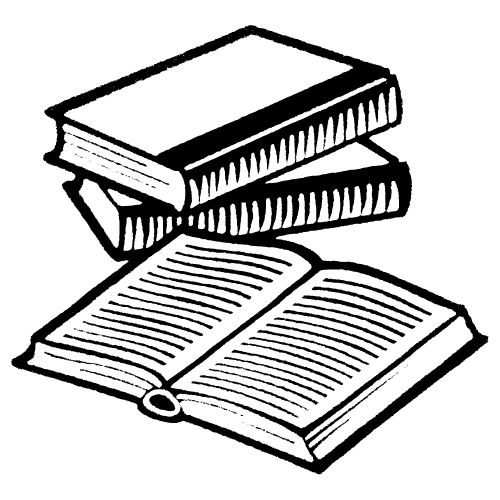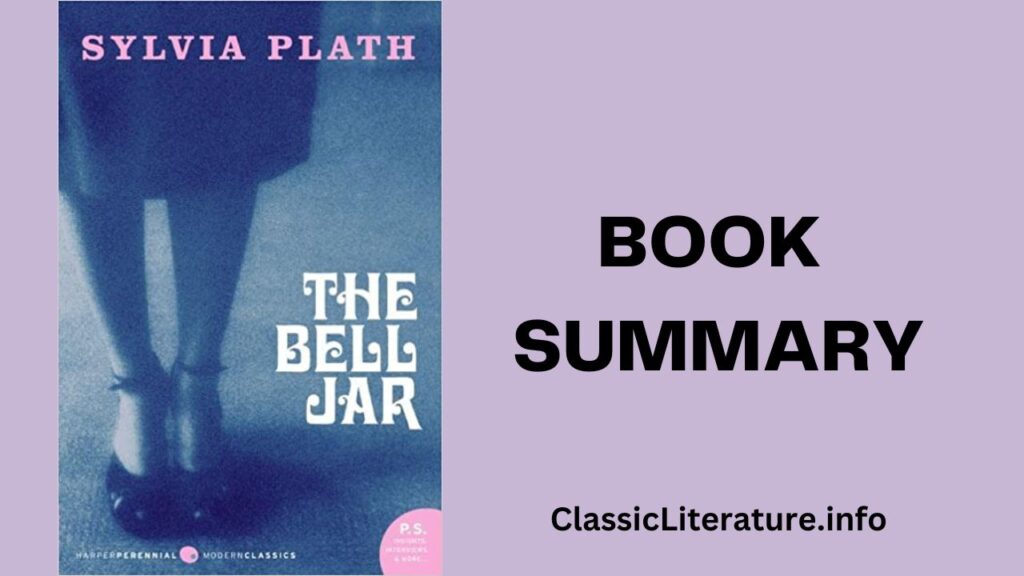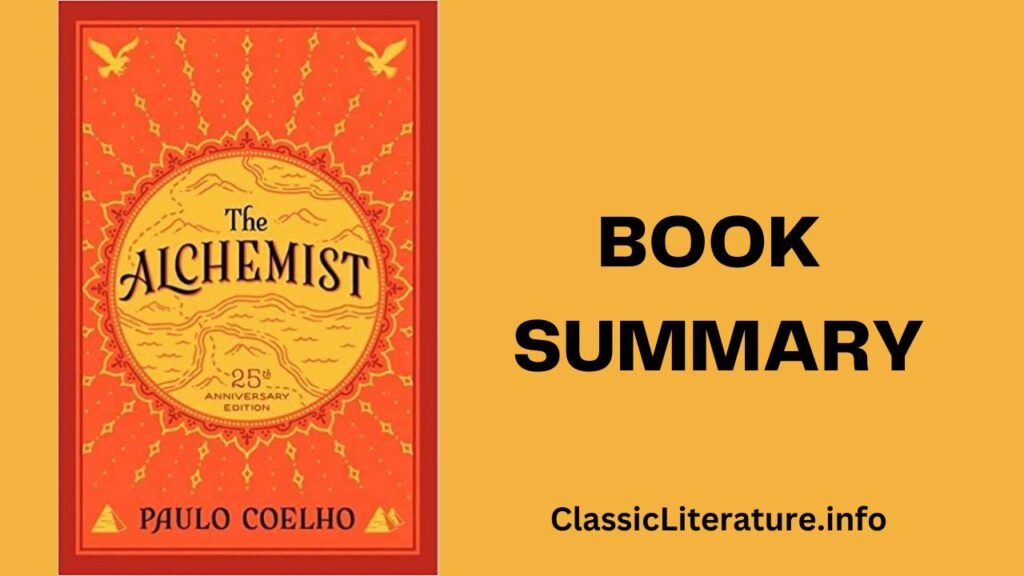
“Lord of the Flies” by William Golding: A Haunting Tale of Civilization’s Fragility
“Lord of the Flies” by William Golding is a classic novel that explores the inherent darkness and savagery within human nature. Published in 1954, the book tells the story of a group of British schoolboys who find themselves stranded on a deserted island after their plane crashes. Stripped of adult authority and societal norms, the boys must establish their own system of governance and survival. However, as their fear and desperation grow, they descend into chaos and violence.
The main plot centers around the boys’ struggle for power and the gradual breakdown of their attempts to maintain civilization. Initially, they establish a semblance of order, electing a leader and creating rules. However, the innate savagery within them begins to emerge, personified by the character of Jack, who leads a faction that indulges in violence and primal instincts. The novel delves into themes of power, morality, and the loss of innocence as the boys’ society deteriorates into a brutal and anarchic state.
Golding’s writing style is characterized by its starkness and unflinching portrayal of human nature. He employs vivid descriptions and symbolism to convey the descent into darkness and the loss of civilization. The prose is evocative and immersive, painting a haunting picture of the human psyche under extreme circumstances.
Here are some memorable quotes from “Lord of the Flies” that capture the essence of the book:
- “Maybe there is a beast… maybe it’s only us.” This quote reflects the underlying theme of the novel—the notion that the true source of evil resides within humanity itself.
- “We did everything adults would do. What went wrong?” This line speaks to the loss of innocence and the failure of the boys to maintain the rules and order they initially established.
- “The darkness of man’s heart.” This phrase encapsulates the central idea of the novel, suggesting that every person carries within them the potential for darkness and savagery.
Get Paperback or Kindle version of the book <–
“Lord of the Flies” is a must-read for those interested in exploring the darker aspects of human nature and the fragility of civilization. Golding’s writing style is raw and compelling, drawing readers into the brutal world of the stranded boys and forcing them to confront uncomfortable truths about human behavior.
Let’s now turn to the opinions of real readers who have experienced “Lord of the Flies”:
Review by John:
“Golding’s ‘Lord of the Flies’ is a chilling and thought-provoking novel that remains relevant to this day. The exploration of power dynamics, the loss of civilization, and the dark undercurrents of human nature is both captivating and unsettling. Golding’s ability to create memorable characters and evoke a sense of creeping dread is exceptional. It’s a book that leaves a lasting impression and prompts reflection on the fragility of our own societal structures.”
Review by Mary:
“I found ‘Lord of the Flies’ to be a deeply disturbing and unsettling read. Golding’s writing style is powerful, but the events that unfold on the island are unsettling and at times horrifying. The descent into savagery and the loss of innocence are difficult to stomach. However, I appreciate the book’s exploration of the darker aspects of human nature and its ability to spark important conversations about power and morality.”
Review by David:
“‘Lord of the Flies’ is a timeless masterpiece that vividly portrays the darkness that resides within all of us. Golding’s writing style is haunting and gripping, keeping the reader engaged from start to finish. It’s a must-read for anyone interested in exploring the complexities of human behavior and the fragility of societal norms.”
Overall, “Lord of the Flies” is a novel that captivates readers with its exploration of the human psyche and the consequences of unchecked savagery. While some may find the book disturbing and unsettling, its power lies in its ability to provoke introspection and raise important questions about human nature. This classic work is recommended for those who appreciate thought-provoking and emotionally charged literature.
About the Author:
William Golding (1911-1993) was a British novelist, playwright, and poet. Born in Cornwall, England, Golding is best known for his novel “Lord of the Flies,” which brought him critical acclaim and a Nobel Prize in Literature. Golding’s works often explore the dark side of human nature and the thin veneer of civilization. He is considered one of the most influential British writers of the 20th century, known for his ability to delve into the depths of the human psyche. Golding’s contributions to literature continue to resonate, challenging readers to confront the complexities of the human condition.





